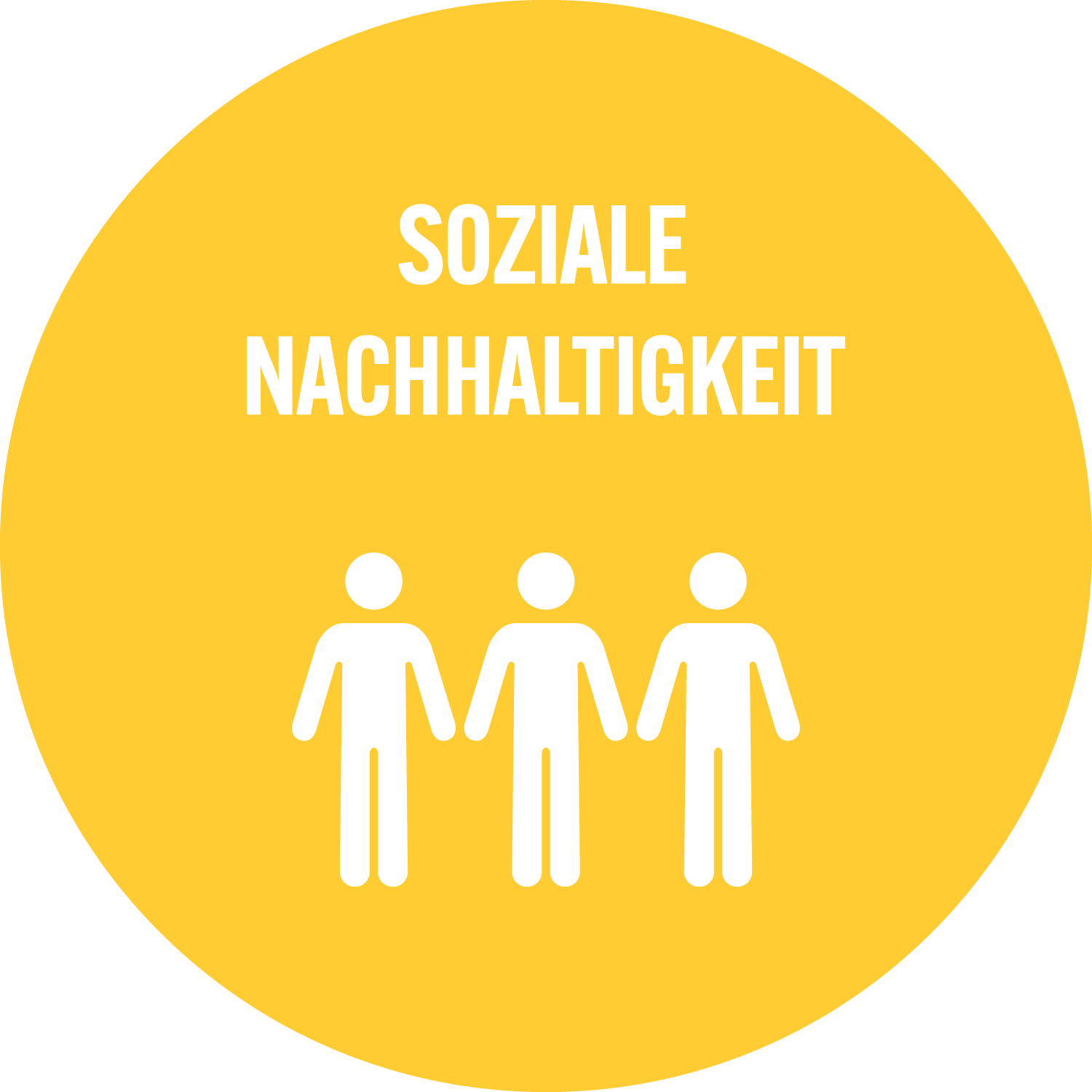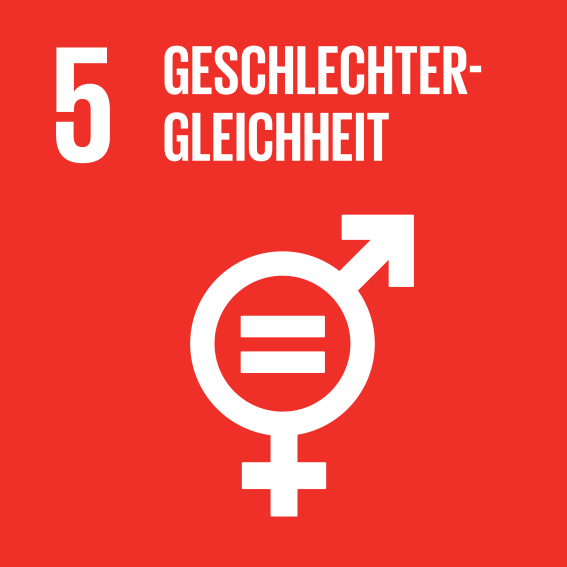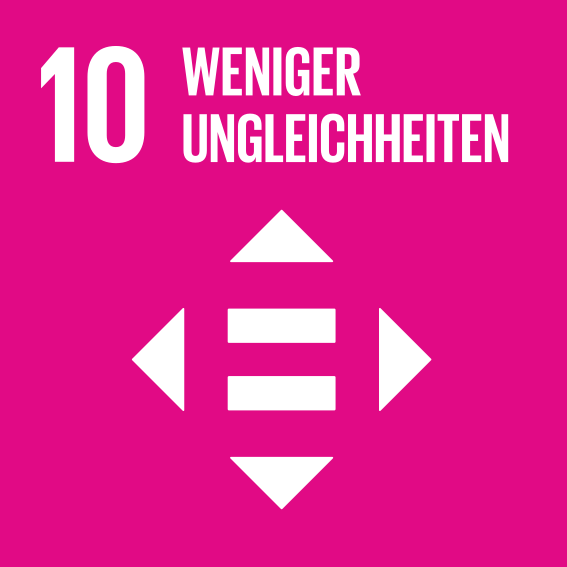|
Homophily, biased attention, and the gender gap in science
Lerchenmueller, Marc J.
;
Hoisl, Karin
;
Schmallenbach, Leo

|
Dokumenttyp:
|
Präsentation auf Konferenz
|
|
Erscheinungsjahr:
|
2019
|
|
Veranstaltungstitel:
|
DRUID 19 Conference
|
|
Veranstaltungsort:
|
Copenhagen, Denmark
|
|
Veranstaltungsdatum:
|
June 19-21, 2019
|
|
Sprache der Veröffentlichung:
|
Englisch
|
|
Einrichtung:
|
Fakultät für Betriebswirtschaftslehre > Organisation und Innovation (Hoisl 2015-)
|
|
Fachgebiet:
|
650 Management
|
|
Abstract:
|
How does homophilous collaboration influence women's early career progress? To answer thisquestion, we turn to a granular dataset of 3,233 highly qualified junior life scientists who receivementored, early career sponsorship from the National Institutes of Health (NIH) and analyze theirpublication trajectories as careers unfold. Employing a matched sample approach that exploits variancein the sets of research contacts the junior scientists start out with, we distinguish sex differences incollaboration choices from potential differences in collaboration opportunities. We document thatoutsized gender homophily among women exists and primarily stems from how female leaders ofscientific projects assemble their teams. Women continue same-sex collaborations as lead authors attwice the rate compared to men, on average, and in particular when the mentor is part of the authorteam or when the focal junior scientist leads the team. As such, systematic gender homophily amongfemale scientists may engender the sponsorship and resources needed to motivate young women tojoin and pursue an academic career. On the flip side, we show that author teams led by women receive11% less citations, on average, and up to 29% less citations for work of comparable caliber published inthe most influential journals. Taken together, while women's propensity to working with other womenmay support early career researchers, biased attention to women's work may harm careers and, inparticular, women who publish in the highest-impact journals and who would otherwise be poised tonarrowing gender gaps at more senior career stages.
|
 | Dieser Datensatz wurde nicht während einer Tätigkeit an der Universität Mannheim veröffentlicht, dies ist eine Externe Publikation. |
 Suche Autoren in Suche Autoren in
Sie haben einen Fehler gefunden? Teilen Sie uns Ihren Korrekturwunsch bitte hier mit: E-Mail
Actions (login required)
 |
Eintrag anzeigen |
|
|
 ORCID: 0000-0001-8875-3602 ; Hoisl, Karin ; Schmallenbach, Leo
ORCID: 0000-0001-8875-3602 ; Hoisl, Karin ; Schmallenbach, Leo  ORCID: 0000-0001-5302-2578
ORCID: 0000-0001-5302-2578








 Suche Autoren in
Suche Autoren in